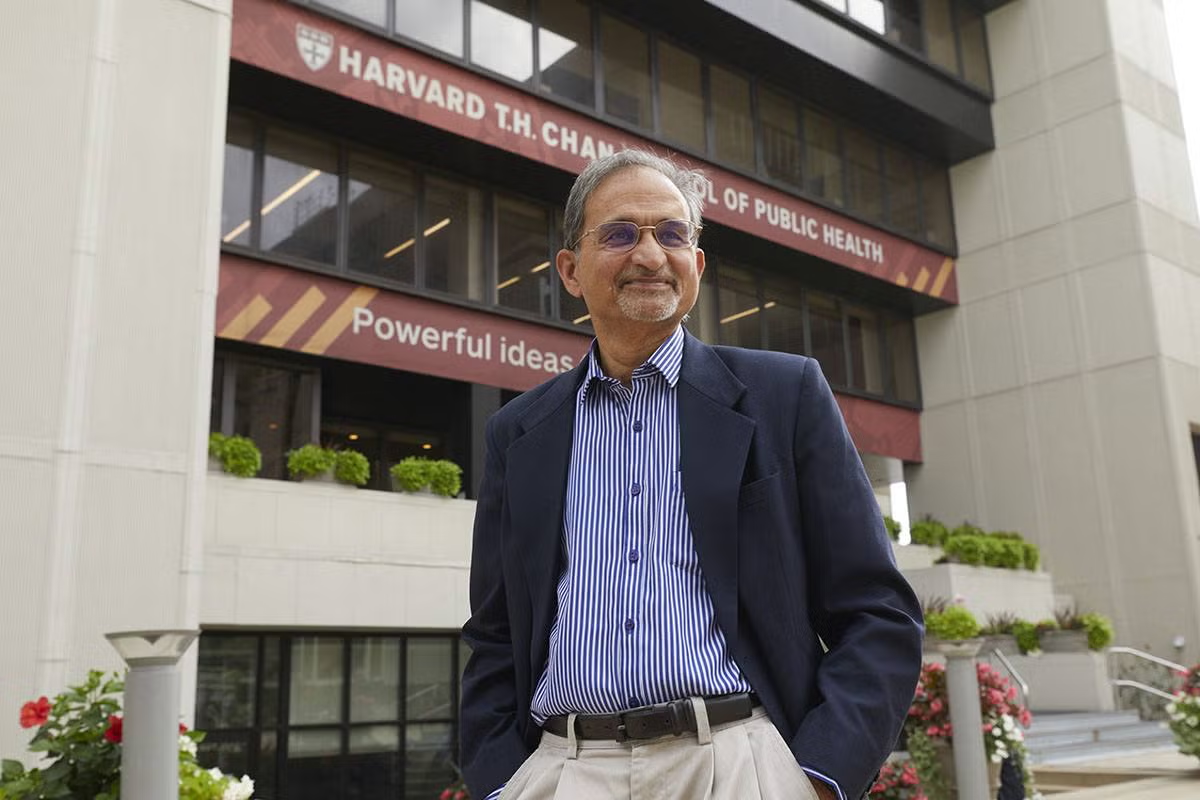In many parts of the world, the conversation about mental health still begins in a whisper. For children growing up without families — in orphanages, refugee camps, or areas of conflict — the silence can be even deeper. But one global expert has spent his life changing that: Dr. Shekhar Saxena, former Director of Mental Health and Substance Use at the World Health Organization (WHO), and a leading voice in global mental health policy.
A psychiatrist by profession and public health strategist by impact, Dr. Saxena is known for his ability to navigate between high-level policymaking and the real-world needs of vulnerable populations — particularly children exposed to trauma, neglect, and displacement.
Rewriting the Mental Health Agenda at WHO
During his tenure at WHO, Dr. Saxena led efforts that shaped how mental health was understood and addressed on an international level. He helped design and implement the Mental Health Action Plan 2013–2020, which called on countries to prioritize psychological well-being as a core component of public health — not just for adults, but critically, for children and adolescents.
“Children in institutional settings often suffer in silence,” he noted in one of his public addresses. “Mental health care must be integrated into child protection systems — not as an afterthought, but as a foundational element.”
Under his guidance, WHO emphasized the importance of early intervention, the training of non-specialist health workers in mental health care, and community-based models that could reach children in remote or underserved areas.
Focus on the Invisible Wounds
For orphans and children without stable caregivers, trauma is rarely visible on the surface. Many suffer from anxiety, attachment disorders, depression, or post-traumatic stress — conditions that often go untreated. Dr. Saxena has consistently highlighted how mental health support must go hand in hand with food, shelter, and education.
“Giving a child a bed is not enough,” he once said. “We must also ensure they can sleep in it without fear.”
His work drew attention to the long-term psychological effects of institutionalization, especially in countries where orphanages are overcrowded and underfunded. He advocated for child care systems that prioritize emotional safety, stable relationships, and access to psychological services.
Beyond the WHO: A Lifelong Advocate
Even after stepping down from his official role at WHO, Dr. Saxena continues to advise global initiatives, speak at high-level forums, and contribute to academic research. He is a key contributor to mental health policy development in regions affected by conflict and poverty, and continues to train professionals and guide governments on scaling up mental health care.
In 2019, he joined the faculty of Harvard T.H. Chan School of Public Health, where he focuses on global mental health systems, with a continued emphasis on children in crisis contexts.
A Call to Action
Dr. Saxena’s work reminds us that while we build schools and shelters, we must also build systems of healing. Mental health must be part of every conversation about child welfare — especially for those children who have already lost so much.
We recognize that emotional resilience and psychological support are just as essential as food and clothing. Inspired by experts like Dr. Saxena, we aim to integrate mental health awareness into every stage of care for the children we serve.
Because no child’s pain should be invisible.
And no child should be left to carry it alone.



